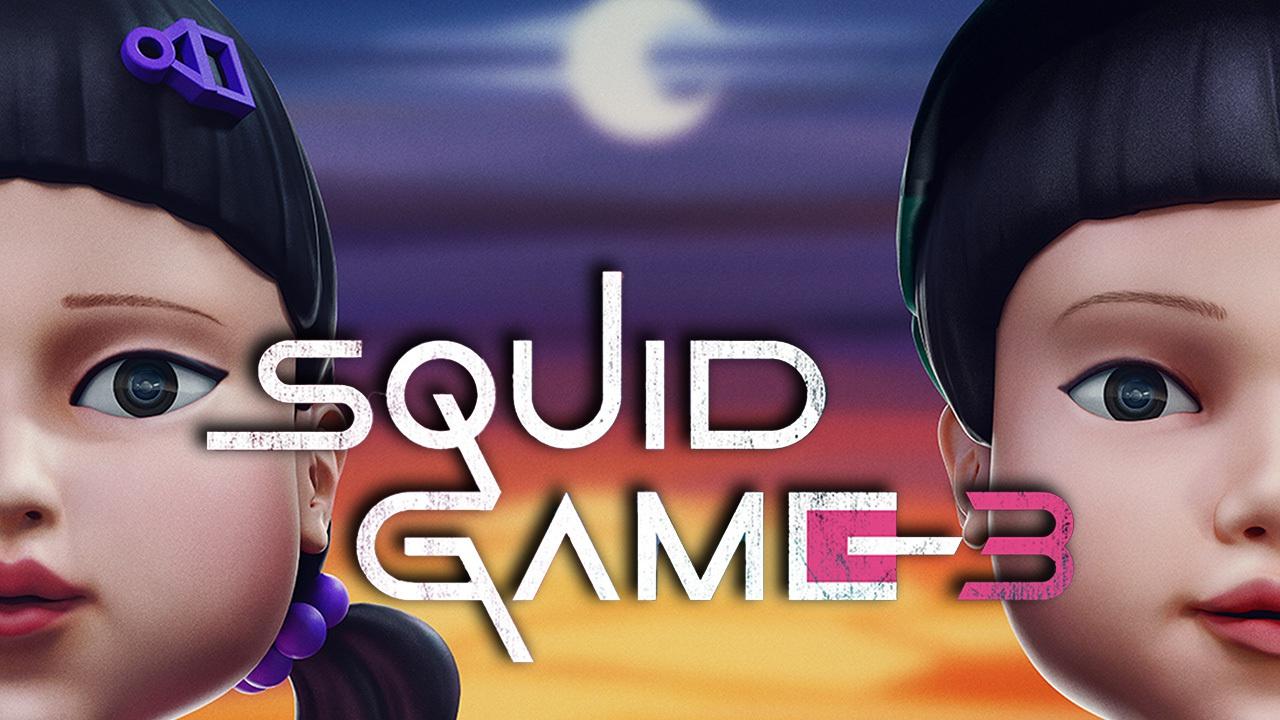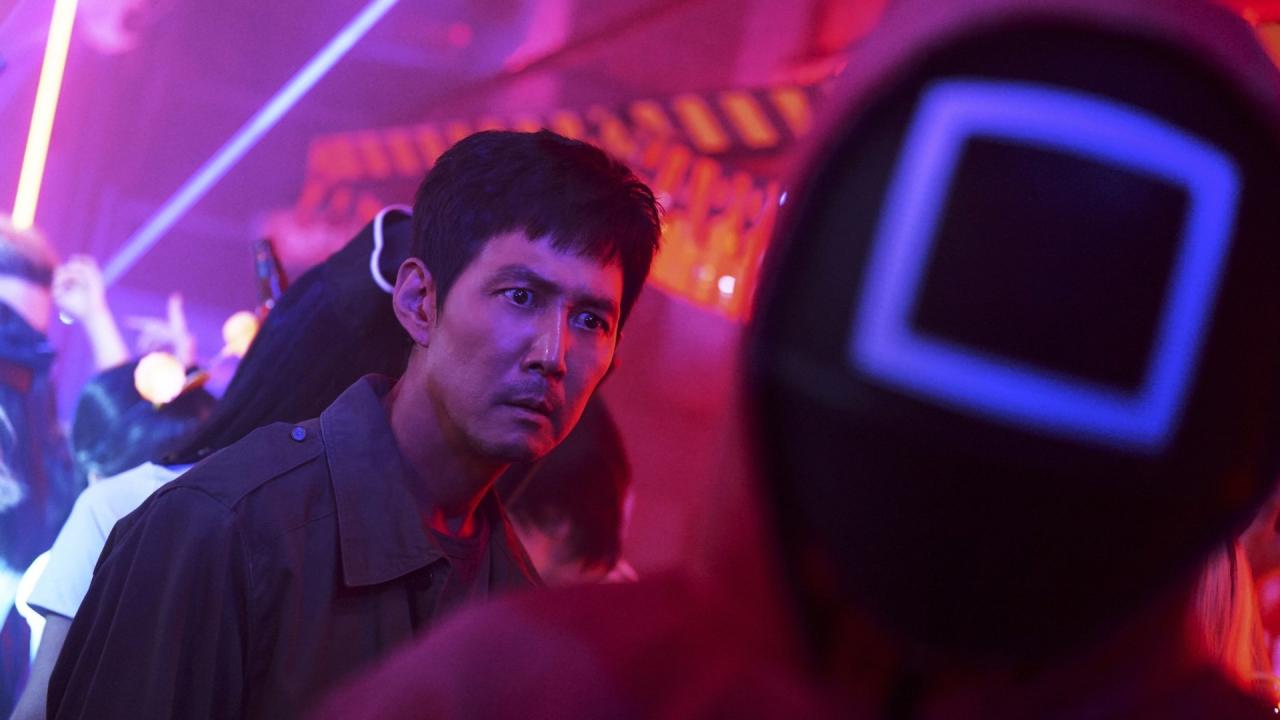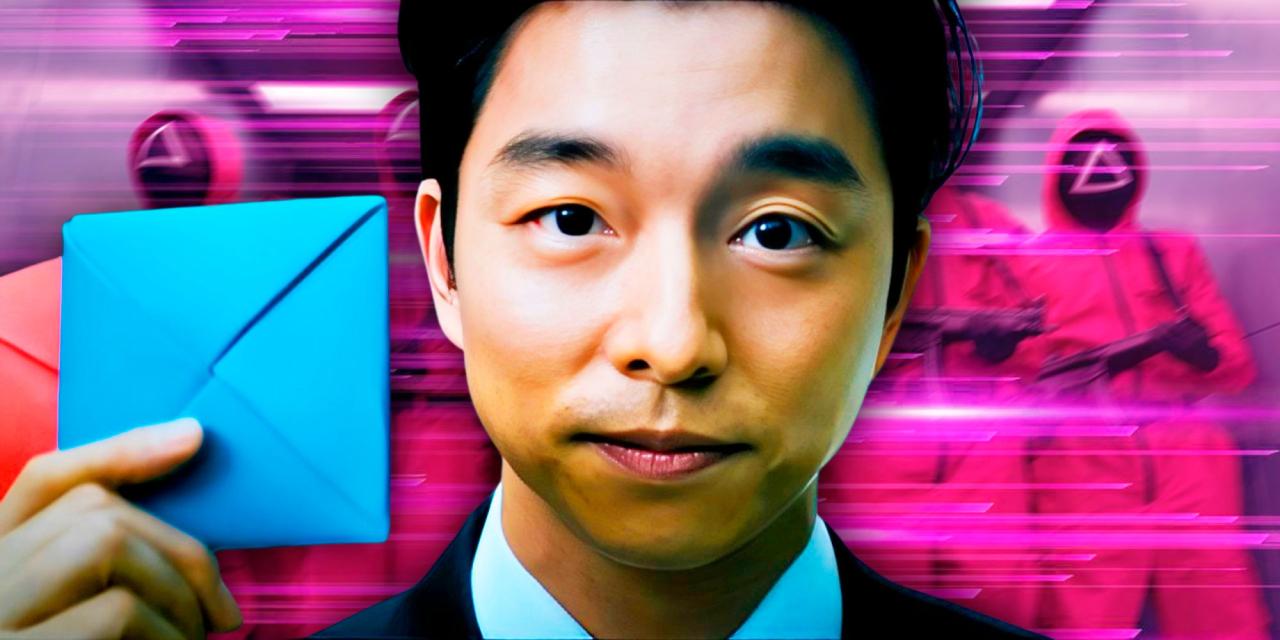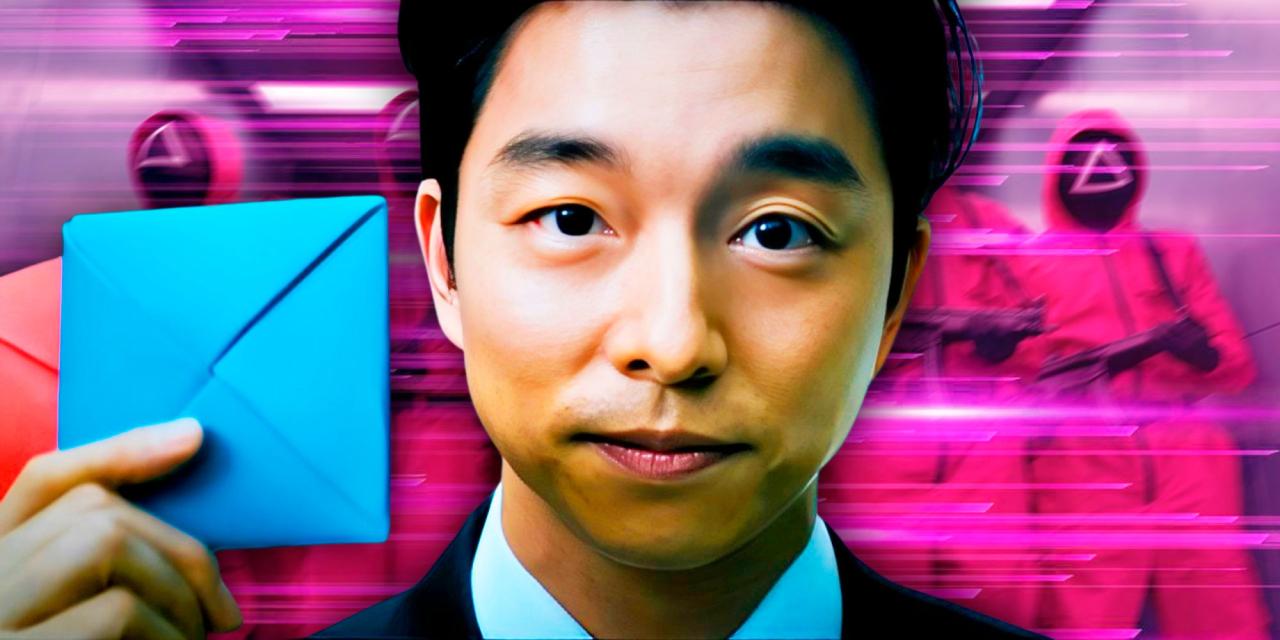Squid Game Histoire Vraie? The hit Netflix show wasn’t just a thrilling spectacle; it sparked intense debate about real-world issues. This exploration delves into the show’s inspiration, examining the stark realities of economic inequality, debt traps, and societal pressures mirrored in the deadly games. We’ll analyze the show’s psychological impact, its global reception, and its lasting cultural influence, comparing fictional scenarios to real-life events and exploring the ethical dilemmas presented.
Get ready to see the show in a whole new light.
We’ll unpack the show’s powerful social commentary on class warfare and survival, comparing the characters’ motivations to psychological theories. We’ll investigate the visual symbolism and analyze the global phenomenon surrounding its popularity, examining diverse cultural interpretations and exploring the potential dangers of real-world imitations. Prepare to uncover the unsettling truth behind the games.
The Inspiration Behind “Squid Game”: Real-World Parallels
The dystopian world of “Squid Game” resonates deeply because it reflects, albeit in an exaggerated form, very real struggles faced by many around the globe. The show’s depiction of heavily indebted individuals driven to desperate measures provides a chilling commentary on economic inequality and the crushing weight of debt.
So you’re wondering about “Squid Game histoire vraie”? While the show’s fictional, the desperation it portrays sadly reflects real-world struggles. Think about the incredible spectacle of the shanghai new year drone show ; the vast difference in resources highlights the inequalities “Squid Game” explores. Ultimately, the show’s power lies in its stark contrast to such displays of wealth and technological advancement, forcing us to confront uncomfortable realities.
Economic Inequality in South Korea and “Squid Game” Characters
South Korea, the setting of “Squid Game,” has a significant wealth disparity. The show accurately portrays the pressure faced by individuals struggling with insurmountable debt. Many characters, like Gi-hun, are burdened by debt stemming from gambling, business failures, or the high cost of living, mirroring the struggles of many South Koreans facing job insecurity and a challenging economic climate.
The show’s depiction isn’t just fictional; it highlights the very real anxieties and desperation felt by those trapped in a cycle of poverty and debt in a society with stark economic divides.
Real-Life Debt Traps and Their Consequences
The devastating effects of debt are a global phenomenon. In many developing countries, predatory lending practices trap individuals in cycles of debt, leading to the loss of homes, livelihoods, and even lives. Examples include microfinance loan defaults in some regions, where high interest rates and aggressive collection tactics leave borrowers with little hope of repayment. Similarly, in developed nations, medical debt and student loan burdens can be equally crippling, pushing people into financial ruin and impacting their mental health significantly.
These real-world parallels make “Squid Game’s” portrayal of debt’s consequences all the more impactful.
Comparison of “Squid Game” Games to Traditional Children’s Games
| Squid Game Game | Traditional Game | Similarities | Differences |
|---|---|---|---|
| Red Light, Green Light | Statues | Both involve stillness and movement based on a signal. | Squid Game’s version adds a deadly consequence; the traditional game is purely playful. |
| Honeycomb Ttakji | Ttakji (Korean traditional game) | Both involve skill in carving out shapes from a thin, brittle material. | Squid Game version carries a life-or-death consequence, unlike the traditional game which is primarily for fun. |
| Tug-of-War | Tug-of-War | Identical gameplay. | The stakes are drastically higher in Squid Game; one team faces elimination. |
| Marbles | Marbles | Both involve skill and strategy in a game of chance. | Squid Game intensifies the emotional weight and consequences by linking it to survival. |
Social Commentary in “Squid Game”: A Reflection of Society: Squid Game Histoire Vraie

Beyond the thrilling games, “Squid Game” offers a potent critique of societal structures and the human condition. The show’s stark depiction of class warfare and the desperation born from societal pressures resonate with audiences worldwide.
Class Warfare and Social Stratification

The show vividly portrays the stark class divide, with the wealthy elite enjoying opulent lives while the impoverished contestants fight for survival. This disparity fuels the narrative, showcasing the systemic inequalities that push vulnerable individuals into desperate situations. The games themselves become a metaphor for the rigged systems that often favor the privileged and leave the underprivileged with few options.
Survival and Desperation Under Societal Pressures
The characters’ desperate actions are a direct result of the societal pressures they face. Their participation in the deadly games is a consequence of their inability to find viable solutions within the existing system. The show highlights the extreme lengths people might go to when faced with insurmountable debt and a lack of social safety nets.
Ethical Dilemmas and Their Real-World Counterparts

“Squid Game” presents several complex ethical dilemmas that mirror real-world issues. These dilemmas force viewers to confront difficult questions about morality, survival, and the limits of human compassion.
- Sacrifice for Survival: The show explores the moral implications of prioritizing one’s own survival, even at the expense of others. This mirrors real-world situations like war or natural disasters where such choices are forced upon individuals.
- The Morality of Systemic Inequality: The show challenges the ethical foundations of a system that allows such extreme levels of inequality to exist, leading to desperation and violence.
- The Nature of Competition and Cooperation: The games showcase the tension between individual ambition and the need for collaboration. This mirrors various real-world scenarios, particularly in competitive environments.
The Psychology of “Squid Game”: Understanding Character Motivations
The compelling characters in “Squid Game” are driven by a complex interplay of psychological factors. Understanding their motivations requires examining psychological theories of risk-taking, desperation, and the human capacity for both cruelty and compassion.
Psychological Factors Driving Participation
The characters’ participation stems from a combination of factors, including overwhelming debt, a desperate desire for financial security, and a sense of hopelessness in their current circumstances. The allure of a large sum of money, coupled with the lack of viable alternatives, overrides rational fear of the games’ deadly nature.
Decision-Making Processes and Psychological Theories
The characters’ decision-making can be analyzed through the lens of prospect theory, which explains how individuals make decisions under conditions of risk and uncertainty. Their desperation leads them to take high-risk actions, even when the potential consequences are dire. The framing of the games – a chance at escaping poverty – outweighs the immediate danger.
Character Profile: Gi-hun
Gi-hun, the protagonist, is a complex character driven by a desire to provide for his daughter and escape his crippling debt. His initial naivete gradually gives way to ruthless pragmatism as he navigates the deadly games. His background as a struggling single father and his desperate attempts to improve his life provide a compelling motivation for his actions.
“I’m not going to let them win. I’m going to win.”
Global Impact and Cultural Reception of “Squid Game”
The global popularity of “Squid Game” transcended cultural boundaries, becoming a cultural phenomenon that sparked discussions about social inequality, economic disparities, and the human condition. Its reception varied across different countries, reflecting diverse cultural interpretations and societal contexts.
Global Phenomenon and Cultural Impact, Squid game histoire vraie
“Squid Game” became a global sensation, breaking viewership records on Netflix and sparking widespread conversations about its themes and implications. The show’s popularity led to increased awareness of social and economic inequalities, prompting discussions about systemic issues and the need for social change.
Cultural Nuances in Interpretation
The show’s reception varied across different countries. In some cultures, the focus was on the social commentary and critique of capitalism, while in others, the emphasis was on the thrilling games and suspenseful narrative. These variations reflect the diverse cultural lenses through which viewers interpreted the show’s message.
Real-World Imitations and Inspired Events
The show’s popularity unfortunately led to several instances of real-world imitations of the games, highlighting the potential dangers of recreating potentially harmful activities. Reports emerged of children recreating the games, emphasizing the need for caution and responsible engagement with popular culture.
So you’re wondering about “Squid Game histoire vraie”? While the show’s fictional, its themes of desperation resonate with real-world struggles. Think about the pressure faced by individuals in extreme circumstances, a bit like the impact of a major event, such as the tragic emirates plane crash abu dhabi , which highlighted vulnerability and the need for safety measures.
Returning to “Squid Game,” the show’s extreme scenarios force us to confront these harsh realities, even if they’re heightened for dramatic effect.
The Visuals and Symbolism of “Squid Game”

The visual elements of “Squid Game” are not merely aesthetic; they are integral to the show’s overall message and emotional impact. The use of color, setting, and costume design contributes significantly to the show’s unsettling atmosphere and thematic depth.
Visual Symbolism of Color, Setting, and Costume
The vibrant colors of the games contrast sharply with the drab reality of the contestants’ lives, highlighting the artificiality of the competition and the stark difference between the world of the wealthy and the impoverished. The setting itself—a secluded, enigmatic island—further emphasizes the isolation and desperation of the participants. The costumes of the guards and the contestants serve as visual markers of power and vulnerability.
Visual Elements and Their Contribution to Themes
The visual choices consistently reinforce the show’s central themes. The stark contrast between the bright, almost childlike games and the grim reality of their consequences underscores the show’s dark satire. The use of specific colors, such as the vibrant pink of the guards’ uniforms, juxtaposed with the muted tones of the contestants’ clothing, creates a visual tension that reflects the power dynamics at play.
Color and Imagery and Emotional Response
The deliberate use of color evokes specific emotional responses. The bright, almost cartoonish colors of the games create a sense of unease, while the muted tones of the contestants’ surroundings reinforce their sense of despair and hopelessness. This contrast effectively heightens the dramatic tension and reinforces the show’s unsettling atmosphere.
| Visual Element | Meaning | Emotional Impact | Example |
|---|---|---|---|
| Vivid Pink (Guards’ Uniforms) | Authority, Control, Artificiality | Unease, Distrust, Threat | The unsettling juxtaposition of playful color with violent actions. |
| Muted Greens and Greys (Contestants’ Clothing) | Poverty, Hopelessness, Vulnerability | Empathy, Sadness, Despair | The drab attire reflects the contestants’ impoverished circumstances. |
| Giant Doll (Red Light, Green Light) | Childhood Innocence, Threat of Death | Fear, Anxiety, Surrealism | The juxtaposition of a playful image with deadly consequences. |
| The Island Setting | Isolation, Control, Escape from Reality | Claustrophobia, Despair, Hope (Initially) | The remote location underscores the contestants’ vulnerability and lack of escape. |
Last Recap
Ultimately, “Squid Game Histoire Vraie” reveals a chilling reflection of our world. While the games are fictional, the desperation, inequality, and societal pressures depicted are very real. The show’s enduring popularity stems from its ability to confront these uncomfortable truths, prompting crucial conversations about economic justice, social responsibility, and the human cost of unchecked ambition. It leaves us questioning the systems that drive individuals to such extremes, and urging us to consider the consequences of our choices, both individually and collectively.
User Queries
Was Squid Game based on a true story?
No, Squid Game is not based on a single true story. However, it draws inspiration from real-world issues like economic inequality, debt, and social stratification, making its themes resonate with audiences globally.
What are the main criticisms of Squid Game?
Criticisms include concerns about its graphic violence, potential glorification of violence, and the simplistic portrayal of complex societal issues. Some also argue that its message is overly simplistic.
How did Squid Game impact South Korean culture?
Squid Game boosted South Korea’s global cultural influence significantly. It spurred tourism to filming locations and ignited conversations about social issues within South Korea itself.
Are there any real-life parallels to the games in Squid Game?
So, you’re wondering about “Squid Game histoire vraie”? While the show’s fictional, its themes of desperation and inequality resonate. Think about the sheer scale of spectacle, and then imagine a completely different kind of visual feast: check out the planned technological marvel of the china new year drone show 2061 , a potential future display of coordinated light and movement.
It’s a fascinating contrast to the gritty reality portrayed in “Squid Game,” highlighting how different forms of spectacle can reflect vastly different societal realities.
While the games themselves are fictional, many are reminiscent of traditional Korean children’s games, highlighting the juxtaposition of innocent childhood activities with deadly consequences in the show’s context.
